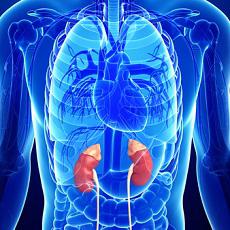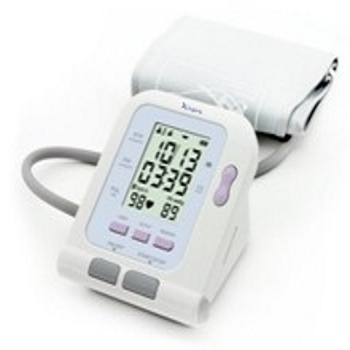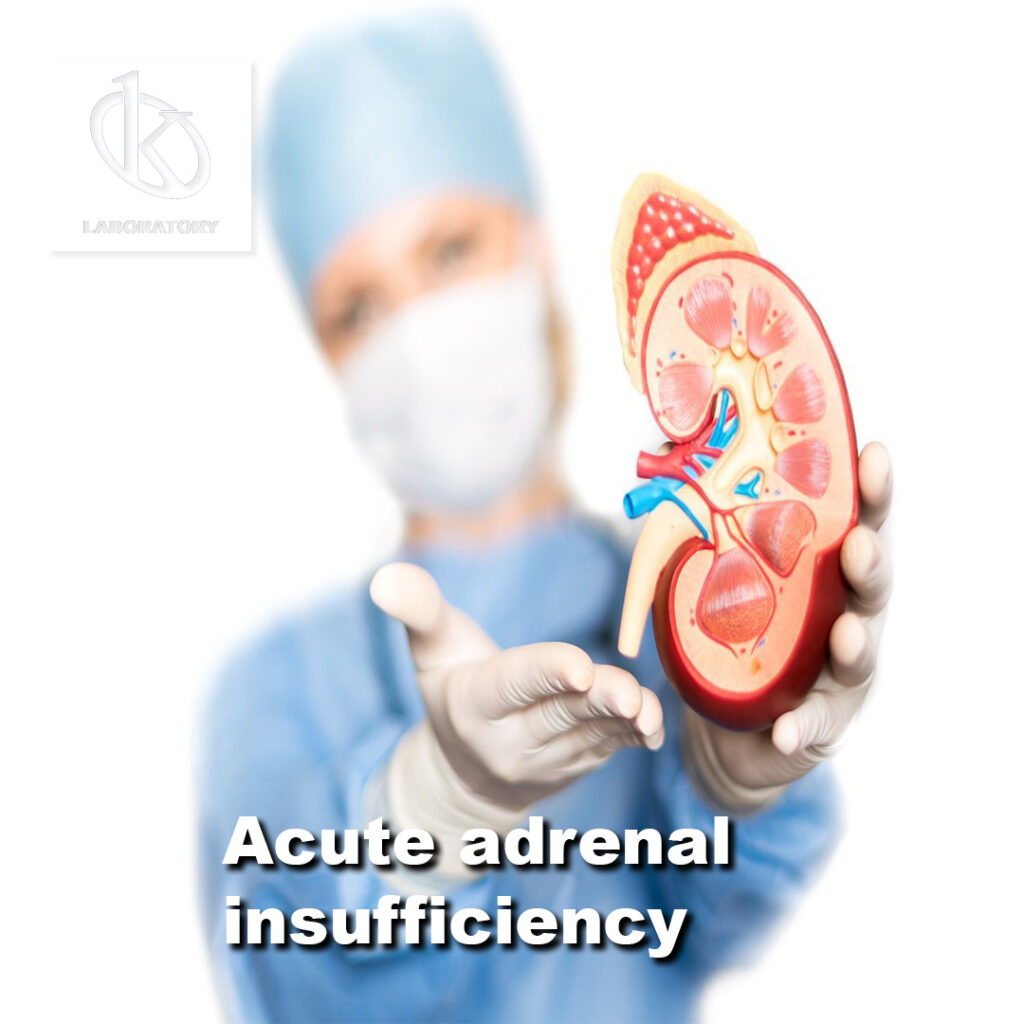It is a life-threatening episode that continues to occur despite preventive interventions. New solutions are needed for this problem. The survival of patients  with acute adrenal insufficiency, also called the Addisonian crisis, was prolonged as of the year 1950 by means of glucocorticoid replacement therapy. However, many patients still suffer episodes of acute adrenal insufficiency, which are life-threatening emergencies. These events seem to be on the rise despite preventive strategies.
with acute adrenal insufficiency, also called the Addisonian crisis, was prolonged as of the year 1950 by means of glucocorticoid replacement therapy. However, many patients still suffer episodes of acute adrenal insufficiency, which are life-threatening emergencies. These events seem to be on the rise despite preventive strategies.
There is no universally accepted definition of acute adrenal insufficiency. In general, acute physiological abnormalities in patients known to suffer from adrenal insufficiency are called adrenal crises based on clinical evaluation.
In adults
Acute adrenal insufficiency in an adult is defined as an acute deterioration in the state of health associated with absolute hypotension (systolic pressure
In children
Since identifying hypotension in infants and young children during an emergency can be difficult, acute adrenal insufficiency in this age group is defined as the acute deterioration of health associated with an acute hemodynamic disorder (hypotension or sinus tachycardia in relation to the data normal for age) or an important electrolyte disorder (hyponatremia, hyperkalemia or hypoglycemia not attributable to another disease). After parenteral administration of glucocorticoids, the symptoms resolve considerably.
What is the clinic of the patients?
Simultaneous signs and symptoms in patients of any age are:
• acute abdominal symptoms
• confusion, stunning or both
• hyponatremia
• hyperkalemia
• hypoglycemia
•fever
When hypotension attributed to acute adrenal insufficiency does not respond or responds poorly to the administration of glucocorticoids, the coexistence of other diseases associated with hypotension, such as sepsis, should be considered.
Addisonian seizures are the most severe manifestation of adrenal insufficiency, but they share symptoms with milder states of it, such as anorexia, nausea, vomiting, fatigue, postural dizziness, abdominal pain, limb pain, back pain and impaired Consciousness
What pathophysiological characteristics does this disease have?
Adrenal crises are caused by absolute or relative deficiency of cortisol, an endogenous glucocorticoid and therefore there is insufficient tissue glucocorticoid activity to maintain homeostasis.
The physiological consequences of cortisol deficiency are broad and begin with the loss of the suppressive action of endogenous glucocorticoids on inflammatory cytokines, which rapidly increases cytokine concentrations. This in turn causes fever, malaise, anorexia and body aches.
Consequently, cortisol deficiency generates populations of altered immune cells (neutropenia, eosinophilia, lymphocytosis); loss of the synergistic action of cortisol with catecholamines on vascular reactivity, which leads to vasodilation and hypotension; hepatic effects on intermediate metabolism, with reduction of gluconeogenesis, hypoglycemia or both and reduction of free fatty acids and amino acids in the circulation.
What events precipitate the acute adrenal crisis?
Infections frequently precipitate Addisonian crises. Gastroenteritis is also a precipitating factor and can be dangerous, since vomiting and diarrhea alter  medication absorption and can also worsen dehydration. But the abdominal symptoms of adrenal crisis can lead to the wrong diagnosis of gastroenteritis.
medication absorption and can also worsen dehydration. But the abdominal symptoms of adrenal crisis can lead to the wrong diagnosis of gastroenteritis.
Other pathophysiological states may precipitate acute adrenal insufficiency if the body cannot increase endogenous cortisol and if the amount of replacement treatment is not increased. Among these disorders are serious injuries and major surgery, but also situations that are generally associated with the need for mild increases in cortisol (exercise and emotional distress) have precipitated crises in up to 10% of episodes.
Some types of immunotherapy or chemotherapy can precipitate adrenal crisis. Failure to comply with glucocorticoid replacement can also precipitate acute adrenal insufficiency.
In Kalstein we present an innovative electronic sphygmomanometer, which allows you to check your blood pressure, an ideal system to show hypotension and network conditions. That’s why we invite you to take a look HERE

